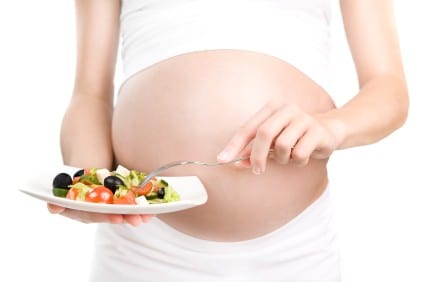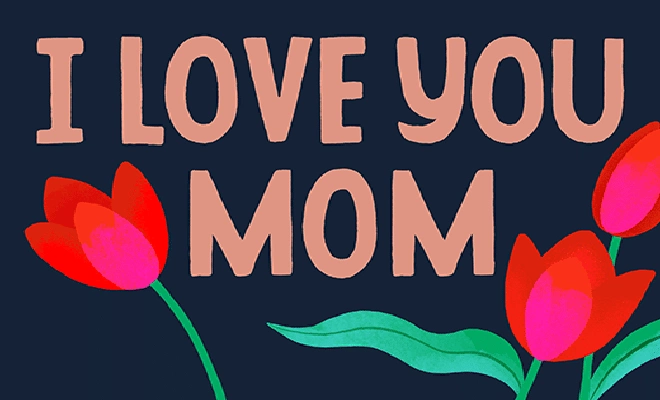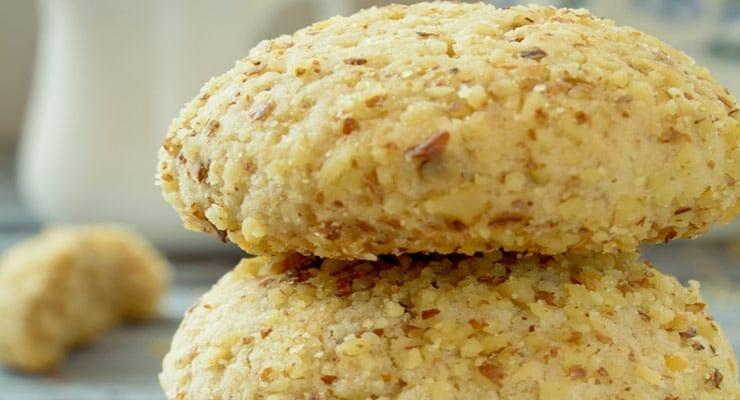Whether you’re vegetarian for health or ethical reasons, it may seem as though everyone else expects you to add meat to your diet while pregnant. A healthy, vegetarian pregnancy is possible, though, provided you make sure you get enough of certain nutrients and eat enough calories each day. Check with a dietitian or nutritionist if you are unsure of the best way to eat a vegetarian diet while pregnant.
Variety
Eating a variety of foods, from fruits and vegetables to grains and protein sources, is imperative while you are pregnant. You need a mix of foods to make sure you get the nutrients you need. The Mayo Clinic recommends eating between six and nine servings of whole grains each day and at least five servings of fruit and vegetables. Dietitian Elizabeth Somer recommends eating even more vegetables and fruits, between eight and 10 servings daily. Aim for at least four servings of foods full of proteins, such as beans, as well.
Caloric Intake
While you may think you need to increase your caloric intake drastically while pregnant, you actually do not. According to the Cleveland Clinic, you can continue to eat your normal daily amount of calories during the first trimester. During the second and third trimesters, you should aim to add about 300 calories a day. Those extra 300 calories can come from an extra glass of milk or soy milk, another piece of fruit and an extra serving of beans or tofu each day.
Myths
A widespread myth about eating a vegetarian diet while pregnant states that you won’t be able to get all the protein you need for a healthy body and baby. Another myth states that you will struggle to get the iron you need unless you eat meat. Most women only need an extra 10 or 15 grams of protein each day while pregnant, which you can easily obtain if you pay attention to what you eat. Foods such as greens and beans are full of iron. If you worry about your body properly absorbing the iron, try eating a food high in vitamin C, such as an orange or bell pepper, along with the food high in iron.
Genuine Dietary Concerns
A few essential nutrients are very difficult to get on a vegetarian diet, and you should take extra care to make sure you get enough of them, either through diet or supplements. Vitamin B12 is only naturally found in animal products, such as meat or dairy, but is often added to vegan foods, such as tofu or soy milk. Omega 3 fatty acids are essential for a fetus’s developing brain but can be hard to get for vegetarians, since a primary source is fish. Flax seed, egg yolks, walnuts and canola oil are all vegetarian sources of omega-3’s.
Supplementing
If you worry that you are not going to get the iron, B12 or omega-3’s you need while pregnant from diet alone, ask your doctor if you should take a supplement. If you are already be taking a prenatal vitamin, check it to see how much iron or B12 it provides. You want a supplement that provides at least 100 percent of your daily requirement of iron and B12, according to nutritionist Bridget Swinney. Your prenatal vitamin should also contain at least 600 micrograms of folate and 100 percent of your daily requirement for zinc.





